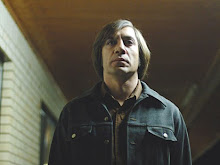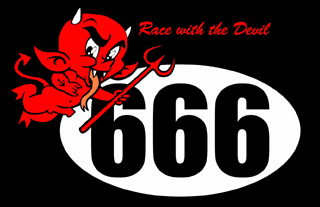 Resident Evil 5 Controvesy
Resident Evil 5 ControvesyAn Image of Africa: Racism in Conrad's "Heart of Darkness"
From Wikipedia, the free encyclopedia

An Image of Africa: Racism in Conrad's "Heart of Darkness" is the published (and amended) version of the second Chancellor’s Lecture given by Chinua Achebe at the University of Massachusetts, Amherst, in February 1975. The text is considered to be part of the Postcolonial critical movement, which advocates considering the viewpoints of non-Westernized nations, as well as peoples coping with the effects of colonialism.
In An Image of Africa: Racism in Conrad’s Heart of Darkness, Achebe attacks Joseph Conrad’s text as racist. According to Achebe, Conrad refuses to bestow "human expression" on Africans, even depriving them of language. Africa itself is rendered as "the antithesis of Europe and therefore of civilization", "a foil to Europe, as a place of negations at once remote and vaguely familiar, in comparison with which Europe's own state of spiritual grace will be manifest."
Contents[hide] |
[edit] The essay
Achebe moves beyond the text of Conrad's Heart of Darkness in advancing his argument. Achebe quotes a passage from Conrad, as Conrad recalls his first encounter with an African in his own life:
A certain enormous buck nigger encountered in Haiti fixed my conception of blind, furious, unreasoning rage, as manifested in the human animal to the end of my days. Of the nigger I used to dream for years afterwards.
The Nigerian author concludes that "...Conrad had a problem with niggers. His inordinate love of that word itself should be of interest to psychoanalysts. Sometimes his fixation on blackness is equally interesting..."
Achebe asserts that while Conrad was not himself responsible for the xenophobic “image of Africa” that appears in Heart of Darkness, his novel continues to perpetuate the damaging stereotypes of black peoples by its inclusion in the literary canon of the modern Western world. His searing critique is sometimes taught side-by-side with Conrad’s work, and is regularly included in critical editions of the text.
The question is whether a novel which celebrates this dehumanization, which depersonalizes a portion of the human race, can be called a great work of art. My answer is: No, it cannot.
[edit] Counterpoint
This critique has been attacked by some as short-sighted or political,[1] or as an example of political correctness run amok. Conrad has frequently been defended on the basis of the historical context in which he lived, or on the grounds that his writing is nonetheless "beautiful".[2]
Many critics have attacked Achebe himself, for his criticism of Conrad. A popular rebuttal of Achebe's essay is that of University of Sussex English professor Cedric Watts, who believes that there is in Achebe's stance "an insinuation... that whites are disqualified on racial grounds from judging the text."[3][4] Watts has stated that he believes Achebe's perspective is directed at the "White-American Establishment".[5]
When questioned about his view as to the "artistic merit" of Conrad's work, Achebe responded:
I never said at any point that you should stop attaching artistic merit to Heart of Darkness, if you want to you can. There are all kinds of sophisticated readings of Heart of Darkness, and there are some people who will not be persuaded there is anything wrong with it. But all that I'm really demanding, I'm not simply putting it, I'm demanding that my reading stand beside these other readings... Although he's writing good sentences, he's also writing about a people, and their life. And he says about these people that they are rudimentary souls... The Africans are the rudimentaries, and then on top are the good whites. Now I don't accept that, as a basis for... As a basis for anything.[6]



No comments:
Post a Comment